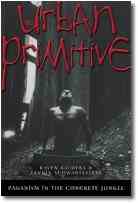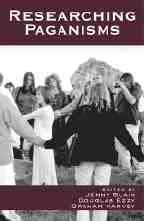A Halloween storm seems to be traditional in the Wet Mountains. The forecast calls for rain turning to snow. I finished digging up and separating the day lilies and then turned to Halloween preparation.
As a little boy I lived some years on the outskirts of Rapid City, South Dakota. Our house was just a little too far a walk up the hill for trick-or-treaters, so we got very few. Nor did I get to go out much: I don't remember why. When I was 10, we moved to suburban Denver, and for a couple of years I made up for lost time.
Here in the foothills, we have all the atmosphere: spooky shadows, the leathery leaves of cottonwood trees clattering down by the creek, cool moonlight--but very few kids. One neighbor called to say that she and her husband were bringing their 5-year-old and some other kids. They'll probably come by car, too, which to my mind really cuts down on the experience. (Maybe the neighbors will think the same way and come on the path through the field instead, but I doubt it.)
Some people spend lots of money making their homes look scary for Halloween. I feel like my job is to make the place look less scary. Are there too many bunches of drying plants hanging from the front porch roof? Are the stairs too creaky? (Can't help that.) The dogs will have to be locked up, so they don't go berserk when strangers arrive. And all the porch and under-stairs clutter of stacked flower pots, tomato cages, buckets, garbage cans of compost and manure--all I can do is superficially tidy it up. And then I can hang some candle lanterns, which M. thinks offer some sort of Halloween aesthetic effect.
Meanwhile, a Catholic priest tries valiently to reclaim Halloween. It's about the Black Death, you see. Now that's spooky.
 While we are waiting to see Colin Farrell as
While we are waiting to see Colin Farrell as 
 The title and cover treatment owe something to RE/Search's
The title and cover treatment owe something to RE/Search's 


